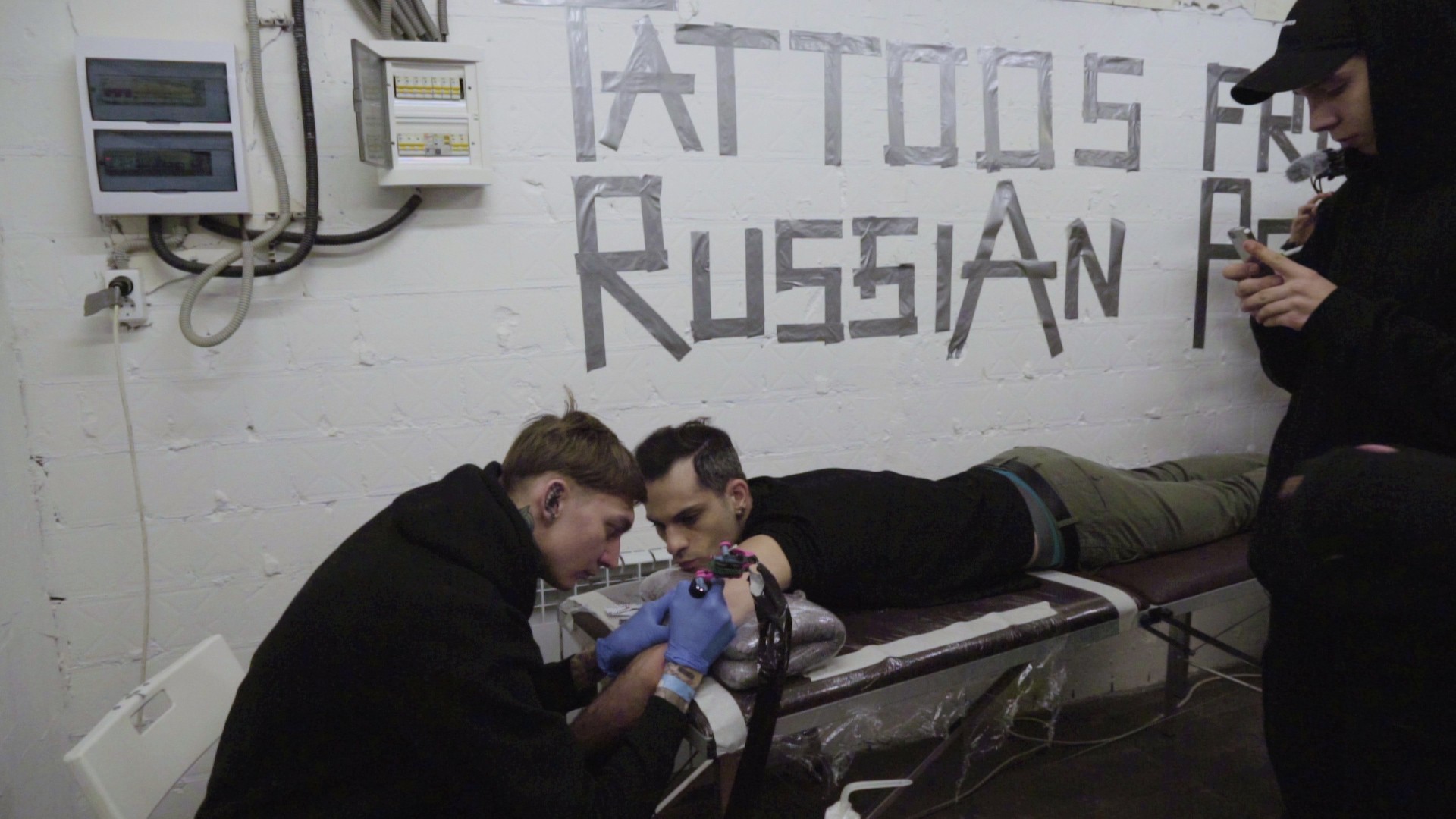Want the best of VICE News straight to your inbox? Sign up here.Russia is pissed at YouTube after protesters used the platform to organize and live stream mass demonstrations in Moscow over the weekend. Now, Russia wants YouTube to do its censorship dirty work: Reuters reported the state’s communications watchdog ordered Google, which owns YouTube, to stop advertising the “illegal mass events.”About 60,000 people showed up to rallies in Moscow on Saturday, the largest opposition demonstrations in eight years. Angry that opposition candidates had been banned from local elections in September, protesters gathered to demand a real vote, holding signs with slogans like "Give us the right to vote" and "You've lied to us enough.”The rally was broadcast on multiple YouTube channels, and users received YouTube push notifications promoting the protests. Roscomnadzor, the state’s watchdog, accused YouTube of letting people promote “illegal” events, despite the fact that the protest Saturday had been authorized by authorities.Roscomnadzor warned in a statement that if Google doesn’t stop people from using its ad tools for protests, “the Russian Federation will regard this as interference in the sovereign affairs of the state” and “hostile influence (over) and obstruction of democratic elections in Russia.” Russia threatened “an adequate reaction” if Google didn’t act, without saying what that meant.Google did not immediately respond to a request for comment.READ: This reporter's bogus arrest is turning into a nightmare for PutinRussia has cracked down on its citizens’ internet usage in recent years, and has required search engines like Google to limit their search results. Russia has said it focuses on blocking sites that promote things like child pornography or drug use, while free speech advocates have said sites critical of the government are frequently blocked. Just last month, Roscomnadzor fined the search giant $11,100, saying it had failed to delete results for one-third of the sites on the watchdog’s banned lists.The protests over the weekend originally centered on local issues — like opposition leaders being kept from running for office — but, as tends to happen, the demonstrations expanded to include more general complaints about life under Russian President Vladimir Putin. Protesters in Moscow have expressed their discontent about economic stagnation and lack of choice in elections under Putin, who has kept opposition politicians from running.READ: Putin's number-one critic may have been poisoned after organizing pro-democracy protestsLast month, police arrested outspoken Putin critic Alexei Navalny — who was sentenced to 30 days in jail for organizing “unauthorized protests” — and raided the homes of his associates. Navalny ran for mayor in Moscow in 2013 and earned significant support, embarrassing the Kremlin, and has since been prevented from running for office again, including a planned challenge to Putin in the 2018 elections.“The protests are about the deep disappointment Russians have in their government,” Denis Volkov, a sociologist at Moscow-based pollster Levada, told the Wall Street Journal. “It’s like the genie is out of the bottle and people can finally express their frustrations.” Cover: A woman holds a poster reading: "It's we who choose here!" As other people with national flags and various political parties flags gather during a protest in Moscow, Russia, Saturday, Aug. 10, 2019. Tens of thousands of people rallied in central Moscow for the third consecutive weekend to protest the exclusion of opposition and independent candidates from the Russian capital's city council ballot. (AP Photo/Alexander Zemlianichenko)
Cover: A woman holds a poster reading: "It's we who choose here!" As other people with national flags and various political parties flags gather during a protest in Moscow, Russia, Saturday, Aug. 10, 2019. Tens of thousands of people rallied in central Moscow for the third consecutive weekend to protest the exclusion of opposition and independent candidates from the Russian capital's city council ballot. (AP Photo/Alexander Zemlianichenko)
Advertisement
Advertisement
